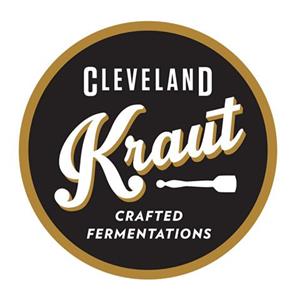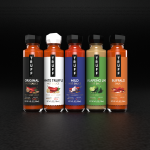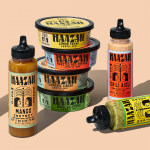CPG Execs Form Fermented Food Holdings; Acquire Wildbrine, Bubbies
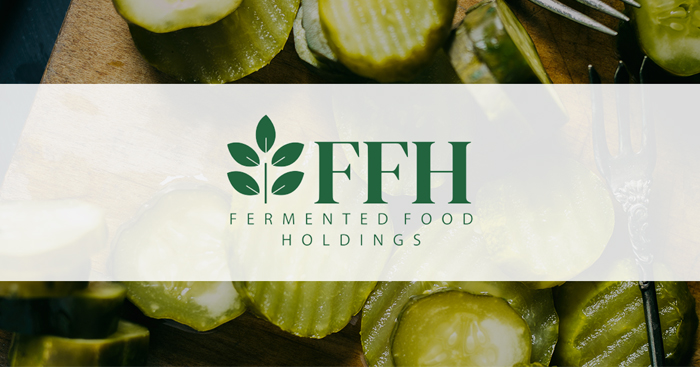
Something is brewing and it isn’t just sauerkraut. A new company, Fermented Food Holdings, Inc. (FFH), has big plans for the fermented foods set, announcing Friday it had acquired two stalwarts of the category, Katalina Holdings (the makers of Bubbies) and Wildbrine, as it seeks to build out a larger platform of fermented products
“We’re excited about the opportunity to bring together the operating disciplines of traditional CPG brands with the passion, innovation and tenacity of an entrepreneurial team, and putting it to work in a very exciting category,” FFH co-president Oliver Joost said. “Both wildbrine and Bubbies are growing national brands.”
Terms of the two deals were not disclosed. FFH did not specify when the deals occurred, but the holding company itself was only officially formed in December. While Katalina Holding previously had two brands, the refrigerated Bubbies line and the shelf stable Cooks Pantry line, both have now been rebranded under the Bubbies name. FFH did not clarify if the deal will also include The Fermentation Association, an industry group of fermented food brands begun and owned by Katalina.
Florida-based FFH is led by Marcelo Marim and Joost, both of whom are also listed on LinkedIn as partners at investor JE Global. The duo previously spent time in executive roles at Kraft Heinz while Marim was also formerly the CFO of PepsiCo Brazil.
Meanwhile FFH itself is backed by investors including Taylor Farms, one of the largest processors of fresh-cut vegetables. The company declined to answer if JE Global was also stakeholder in FFH, however both entities list the same Miami address on their websites.
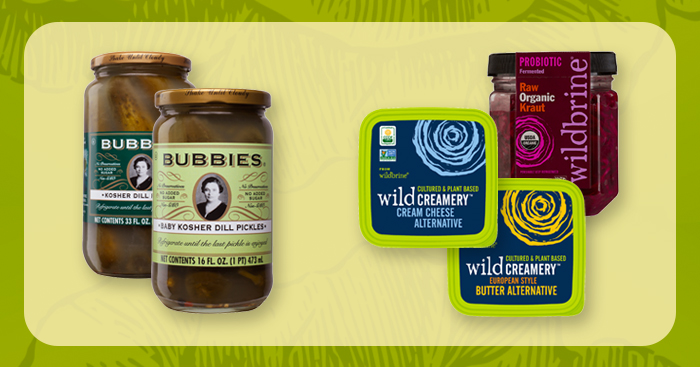
“We’re very excited to partner with the FFH team to support these great brands and help drive growth in the functional food category,” T. Bruce Taylor, VP of organic for Taylor Farms, in a release. “We’re passionate about delivering great tasting and healthy foods to consumers across North America and we look forward to our work together.”
The acquisition of Bubbies and Wildbrine brings two established national, cross-channel category leaders into the fold at FFH, a marked advantage within a market packed with mid-sized regional players. Despite both focusing on fermented products, the two brands have fairly distinct product assortments: Bubbies largely focuses on pickles, with some condiments such as relish, horseradish and sauerkraut, while Wildbrine remains a largely sauerkraut oriented company, but also produces fermented salsa, kimchi and sriracha.
Wildbrine and wildCREAMERY, is sold in upwards of 3,000 stores in the U.S. and Canada, including Costco, Target, Walmart, Whole Foods and Sprouts.
The deal comes as some companies have sought to lower costs by sharing back office operations across multiple similar brands. While Velocity Snacks, Planting Hope and Eat Beyond all share this thesis, for example, FFH has a narrow focus that simplifies the process of standardizing operations, manufacturing and supply chain efforts. Ingredient purchasing could also benefit from the connection to Taylor Farm’s supply chain. And by picking up Wildbrine’s Santa Rosa-based manufacturing plant in the deal, FFH may also be able to reduce its dependency on co-packers. Self-manufacturing also is a point of differentiation as many sauerkraut brands work with GLK, the self-proclaimed “world’s largest sauerkraut company.”
Still, there’s only a limited amount of dollars currently in the categories. Cleveland Kitchen has seen success by moving into adjacent categories such as fermented dressings and pickles, and Wildbrine recently expanded beyond its core line, launching WildCREAMY, a fermented line of alt-dairy based cheeses.
Yet other expansion attempts by brands have been rebuffed.
Farmhouse Culture, which was backed by General Mills’ investment group 301 Inc, tried moving from sauerkraut into probiotic dusted chips, kraut brine enhanced juice and gut shots but after struggling to find traction and (switching to GLK for production) — the company ultimately was sold at auction to smaller fermented foods producer Leroux Creek Foods. kroger, sprouts, whole foods
Sarah Ridgway, Leroux Creek logistics and fulfillment specialist, told NOSH the company lost all of its national retail accounts including Kroger, Sprouts and Whole Foods and is now working to build back its distribution after transitioning production to Leroux’s Colorado headquarters and pairing back its portfolio. Like FFH, Leroux owns other fermented food brands including Farmhand Fermented Foods and Ozuké.
FFH did not disclose where they plan to expand the two brands, telling NOSH for now, “it’s business as usual.”

